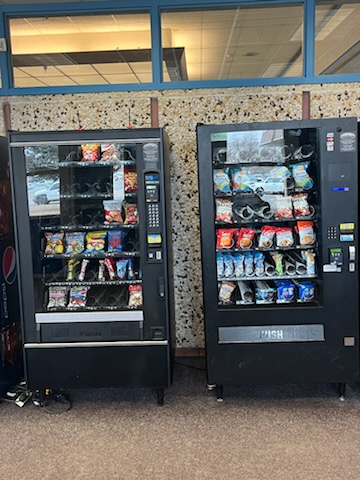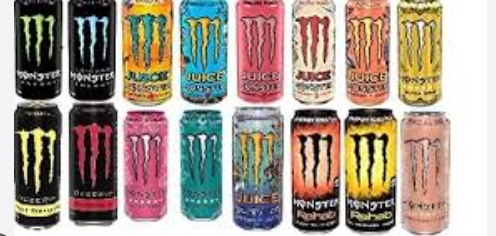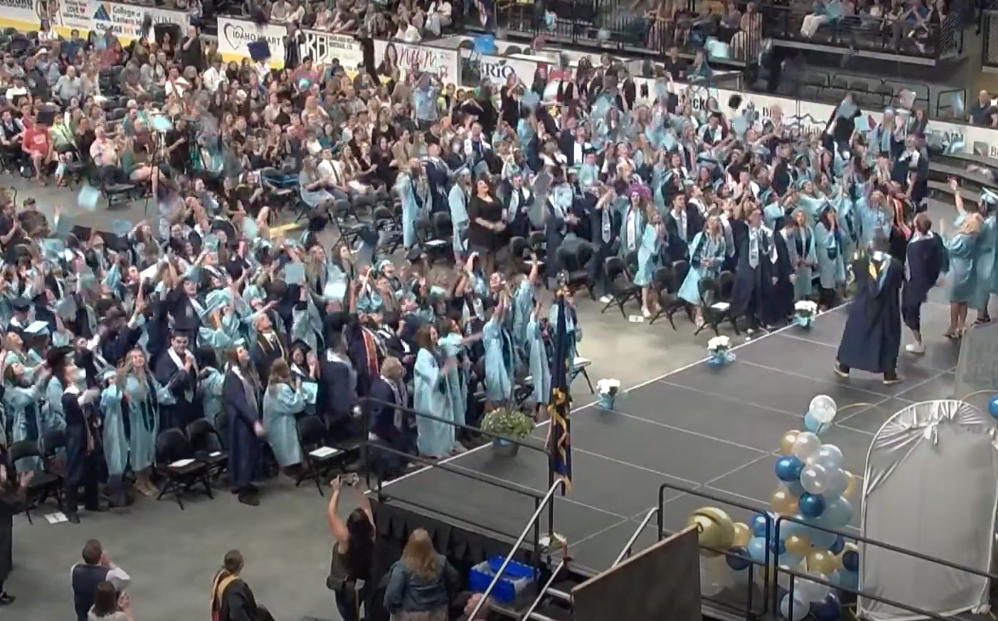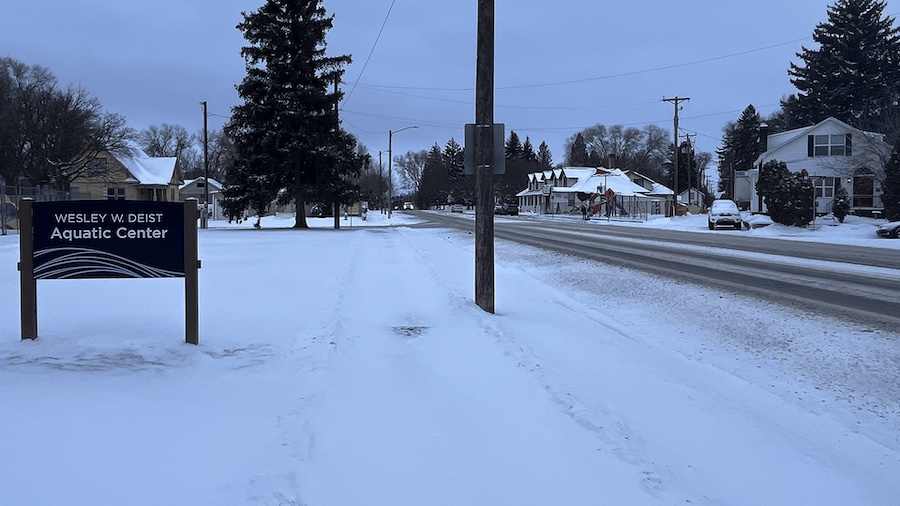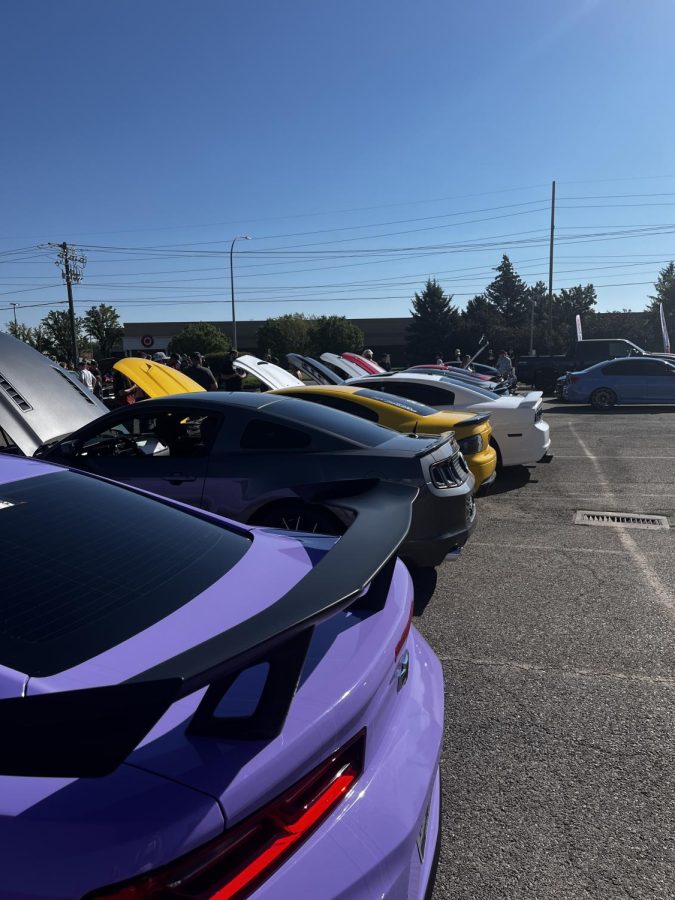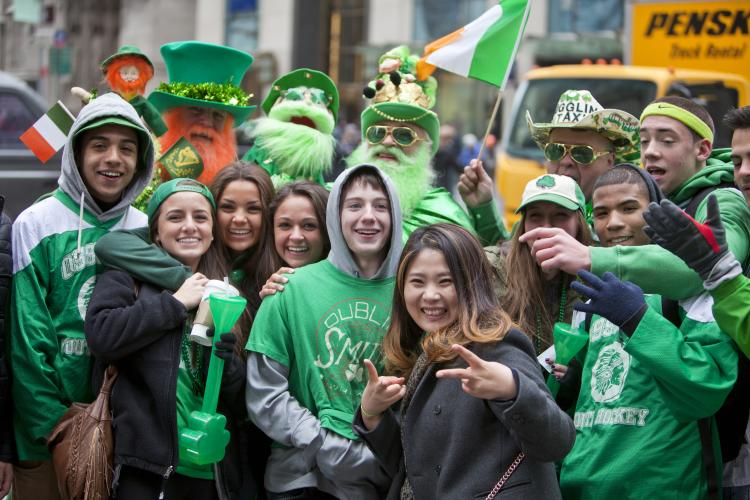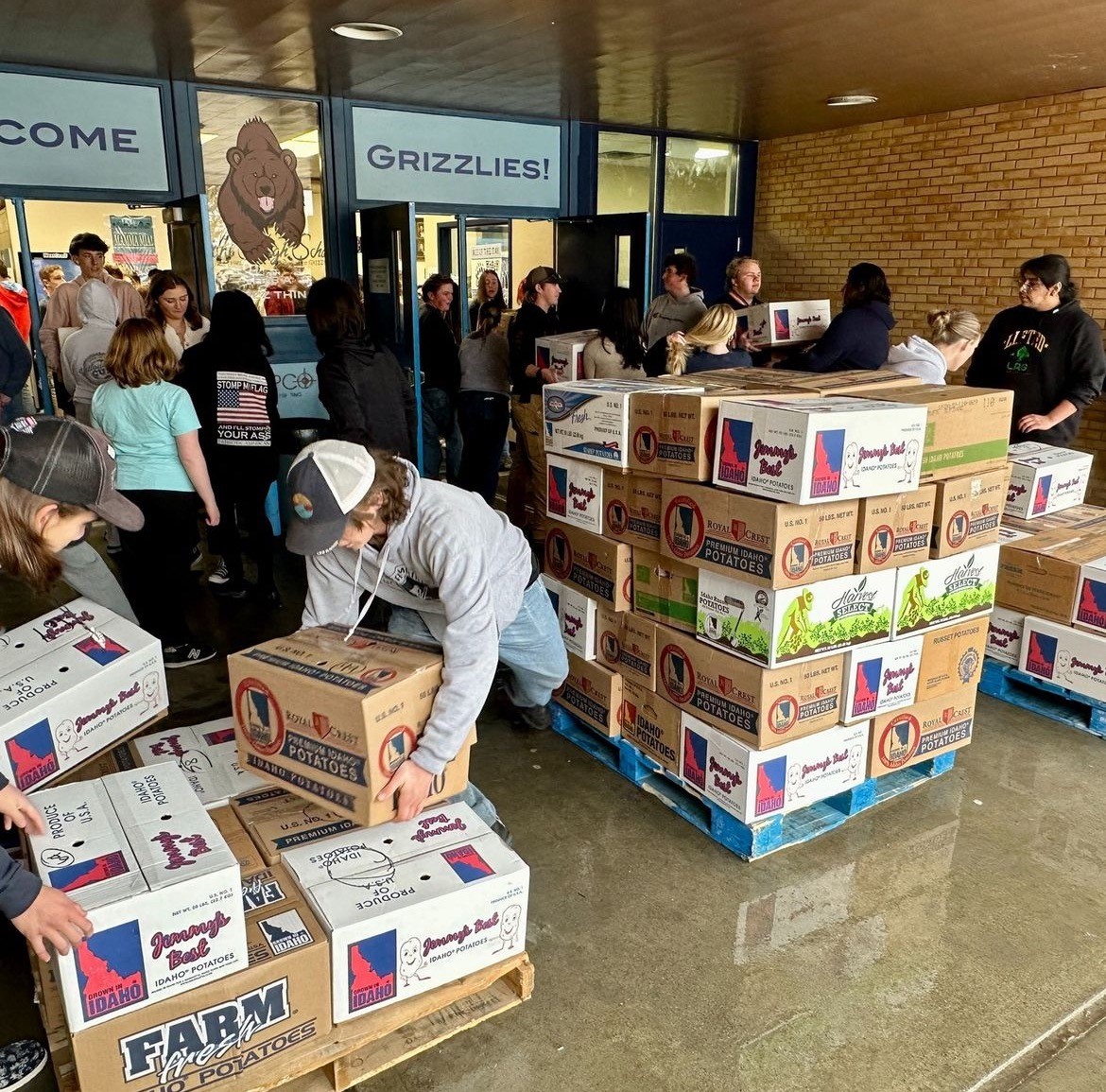Vending machines have been a part of our culture since the 1950’s and have become a staple in our American society, which values the quick and the easy. High school students spend large amounts of money to get the same snack when they can get it at the gas station for less. Most high school students buy snacks from vending machines due to the fact it’s easier access and closer to class. An average American high school student often spends $50-$100 each month on gas to drive over to a gas station or grocery store to grab a quick, cheap, and easy snack. While this may seem expensive at first, compared to the money students spend on the vending machines, it may be the cheaper option.
Vending machines have a variety of sweet and salty snacks as well as drinks, though very few are healthy. Many students don’t get a regular school lunch. They grab a snack from the vending machine and proceed to hang out with friends, which could impact their health in many different ways. If they proceed to eat everyday from the vending machines they could gain weight, and not get the nutrients they need. In total, 1,328 students at Skyline spend around twenty dollars each day buying snacks from vending machines whether they are using cash or card. If a student continues to use the vending machine for a while then the cost will proceed to rack up, which could become very expensive.
Each week, on averag vending machine vendors make around $500 from student spending. Vending machines also have very high prices due to the vendors selling it more than what they usually would at grocery stores. Vending machine vendors want to place their products in schools because they know the snacks and drinks appeal to students. For example, you can buy a Mike and Ike box for only 2 dollars at the store, but compare that to the 4 dollars in cash they charge at our vending machines. Just by using a card, the price increases for the same snack or drink. While it is a business and the vendors should be allowed to make a profit, the sheer size of the price differences seems to be rising, probably because the vendors are aware that their products will continue to be bought.
The health and monetary damages this invites students to participate in, is something that will harm the stability of their future. If the students of Skyline continue to eat from the vending machines, they won’t receive the required nutrients they need as a teenager whose brain is still developing. If a teen doesn’t get the nutrients required then it could result in constipation, hair loss, depression, and weight loss. Which could result in having future heart attacks. Baked Cheetos are the only snack in our vending machines that have nutrients. When students create a habit of buying from them, it teaches them not to budget for things they want or need. They wouldn’t get the skills needed to save for certain, more important items.



